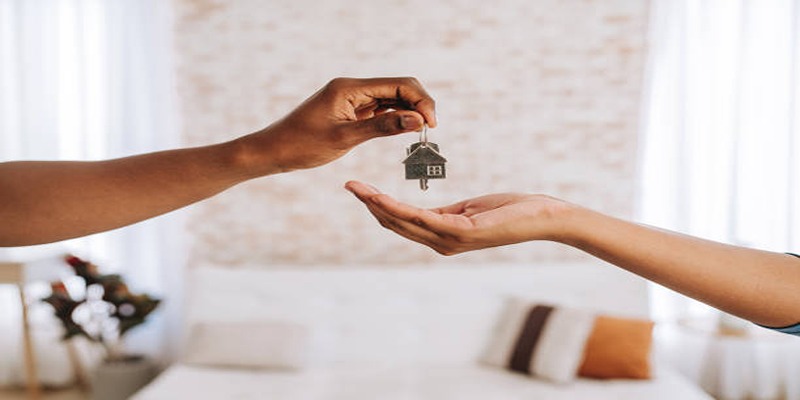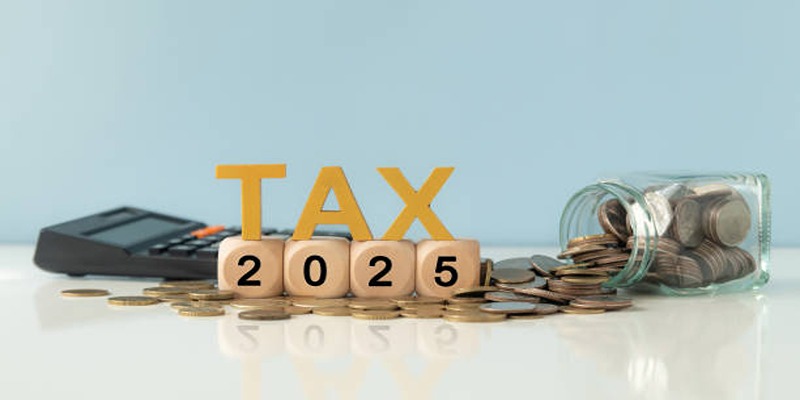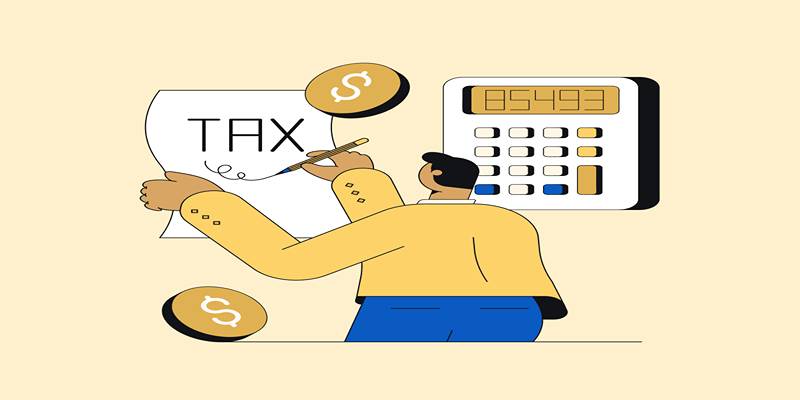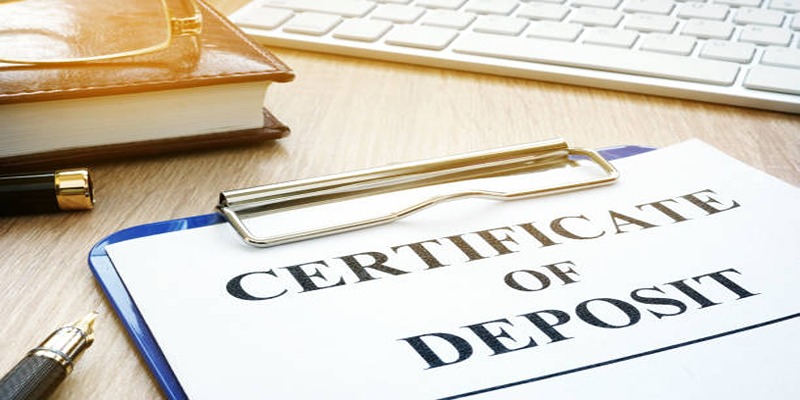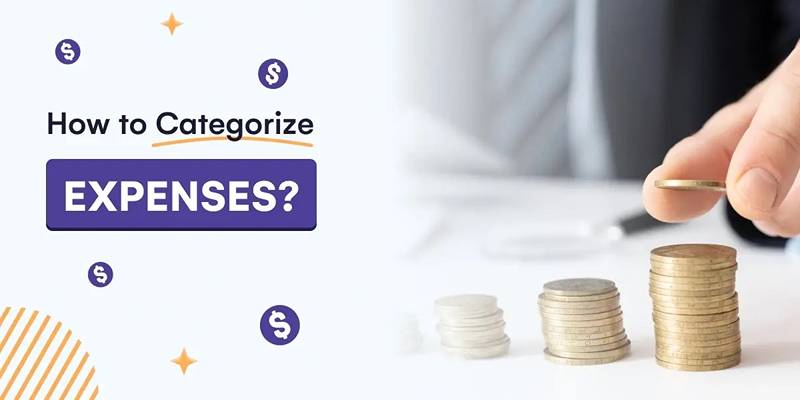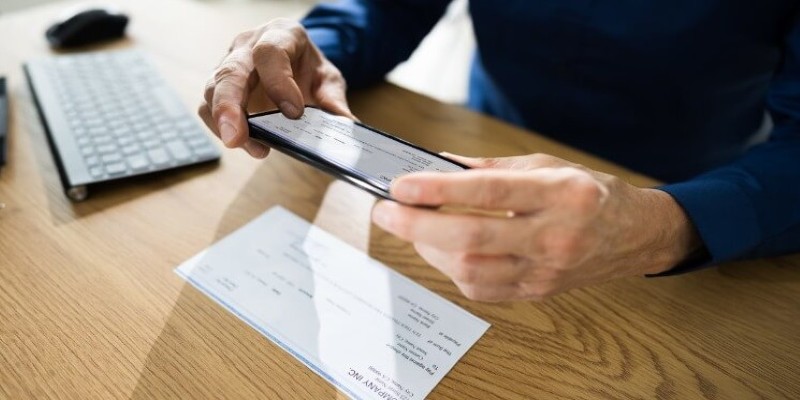Buying a home is a major financial decision. Whether you're a first-time buyer or upgrading, choosing between paying in cash or using a mortgage is key. Each option has its pros and cons, so understanding them can help you make the best choice for your financial goals. This guide breaks down the benefits and drawbacks of both to help you decide what works best for you.
Difference Between Cash and Mortgage Purchases
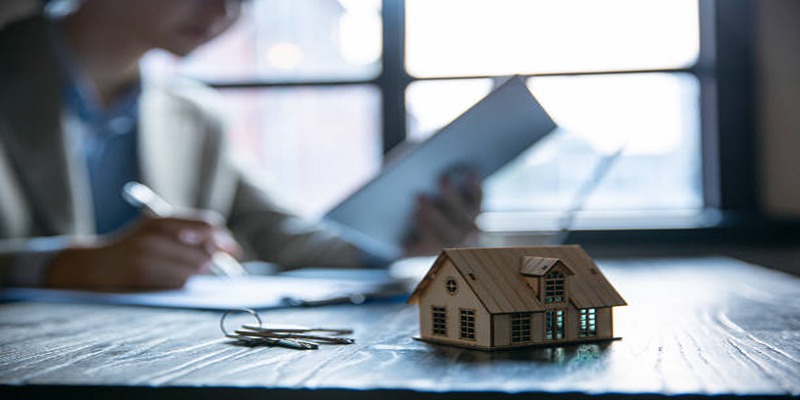
Before we break down the pros and cons, let's clarify what buying a home in cash versus taking a mortgage means.
- Cash Purchase: This involves paying the full price of the home upfront using your own funds. There are no loans, interest rates, or monthly payments involved.
- Mortgage Purchase: This consists of borrowing money from a lender to finance the home. You'll repay the loan over a series of monthly payments, typically spanning 15 to 30 years, plus interest.
Benefits of Paying in Cash
Buying a home with cash has its unique advantages that can simplify the buying process and benefit you financially in the long term.
No Monthly Payments or Interest
When you pay in cash, you own the property outright from day one. Without a mortgage, you avoid monthly payments and eliminate interest expenses, which can significantly reduce the overall cost of your home over time.
For example, financing a $300,000 home with a 30-year mortgage at a 6% interest rate could lead to total payments of over $647,000. By paying in cash, you save over $347,000.
Speed and Certainty
Buyers with cash often have an edge in competitive markets. Sellers tend to favor cash offers since they eliminate the risk of a deal falling through due to failed financing.
Additionally, closing a cash deal is typically faster and less stressful. Mortgages involve appraisals, inspections, and lender approval, which can draw out the process.
Financial Freedom
Owning a home outright gives you more financial flexibility. Without a mortgage hanging over your head, you can redirect what would’ve been monthly payments into savings, investments, or other financial priorities.
Downsides of Paying in Cash
Despite its perks, paying for a home in cash isn’t always the best choice. Here are some drawbacks to consider.
Lower Liquidity
Tying up a large portion of your cash in a home can significantly reduce your liquidity. This could limit your ability to deal with emergency expenses or seize future investment opportunities without taking on debt.
No Interest Tax Deduction
Mortgage interest payments are tax-deductible (for loans up to $750,000 in the U.S.), meaning homeowners with mortgages often enjoy tax benefits. Cash buyers miss out on this potential deduction, which could be a notable financial advantage.
Opportunity Cost
Using cash to buy a home could mean missing out on potentially higher returns from investments. If you can secure a low mortgage rate and earn a greater return through stocks or other investment vehicles, financing may make more sense.
Benefits of Using a Mortgage
Mortgages remain the most popular choice for homebuyers, even for those who can afford to pay in cash. Here’s why.
Financial Flexibility and Liquidity
A mortgage preserves your liquid assets, allowing you to maintain an emergency fund or invest in other opportunities. For instance, with a $50,000 down payment on a $300,000 home, you retain significant liquid funds for other needs.
Potential Returns from Investments
If you secure a mortgage with a low interest rate, you might use the extra cash to invest in assets with higher returns. Historically, stock market returns have outpaced mortgage interest rates, allowing your money to work harder elsewhere.
Accessible Homeownership
A mortgage makes homeownership more accessible to those without significant savings. Instead of waiting years to save enough for a cash purchase, you can own a home sooner and build equity over time.
Tax Benefits
Mortgage interest tax deductions can reduce your overall taxable income, especially beneficial for buyers in higher tax brackets.
Potential Drawbacks of Using a Mortgage
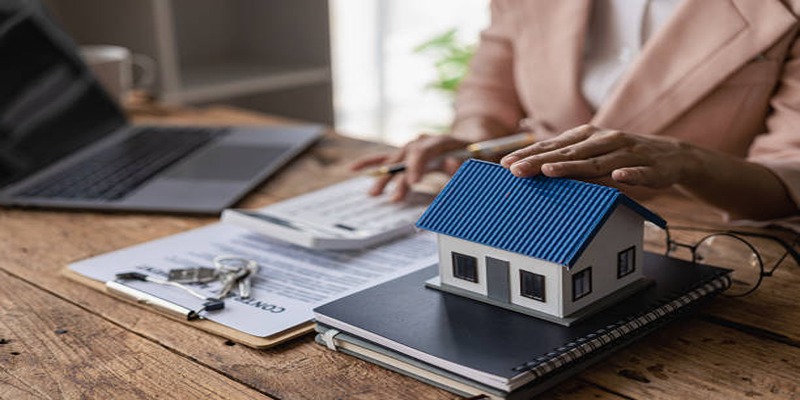
While mortgages provide flexibility, they also come with responsibilities and costs you need to factor in.
Long-Term Interest Costs
Mortgages often end up costing significantly more than the home’s sticker price due to interest. For example, a $250,000 loan over 30 years at a 5% interest rate will cost you approximately $233,000 in interest alone.
Monthly Financial Obligation
A mortgage requires a long-term commitment to monthly payments, which can strain your budget, especially during unexpected financial challenges.
Fluctuating Market Risks
Real estate prices aren't guaranteed to rise indefinitely. Taking on a mortgage during a market peak could expose you to financial risks if the property’s value declines.
Factors to Consider When Deciding
The decision between paying in cash or taking on a mortgage isn’t one-size-fits-all. Here are four important factors to weigh:
- Your Financial Situation: If you have substantial cash reserves beyond the home purchase price and an emergency fund, paying in cash might make sense. If not, a mortgage could preserve vital liquidity.
- Current Interest Rates: Low-interest rates make mortgages more attractive by reducing long-term borrowing costs. Be sure to research current rates before making a decision.
- Market Conditions: A competitive housing market might make paying in cash advantageous, while a slower market could give you more flexibility as a mortgage buyer.
- Your Investment Strategy: Consider whether your spare cash could generate higher returns elsewhere compared to the cost of mortgage interest.
Tips for Making the Decision
- Do Your Research: Gather information on current interest rates, market conditions, and your own investment strategy to make an informed decision.
- Consult with a Financial Advisor: A financial advisor can provide personalized advice based on your specific financial situation and goals.
- Consider Your Future Plans: Think about your long-term plans and how buying a house will fit into them. Will you be staying in the same area for a while? Are you planning on starting a family soon?
- Evaluate the Total Cost: Don't just focus on the monthly mortgage payment – take into account additional costs such as property taxes, insurance, and maintenance.
Final Thoughts
Deciding whether to buy a home with cash or a mortgage depends entirely on your financial goals, lifestyle, and current market dynamics. Thinking carefully about the pros and cons of each option can empower you to make the right choice. Remember to consult with a financial advisor or real estate professional to help guide you through the decision-making process and ensure that all aspects are thoroughly considered.

